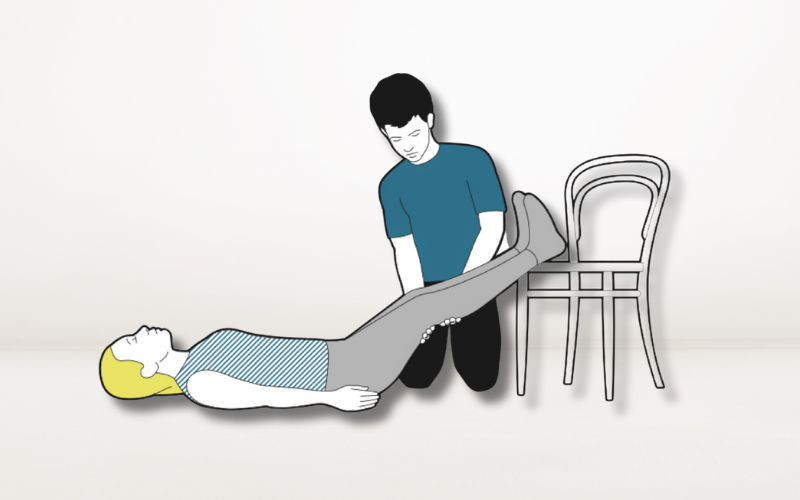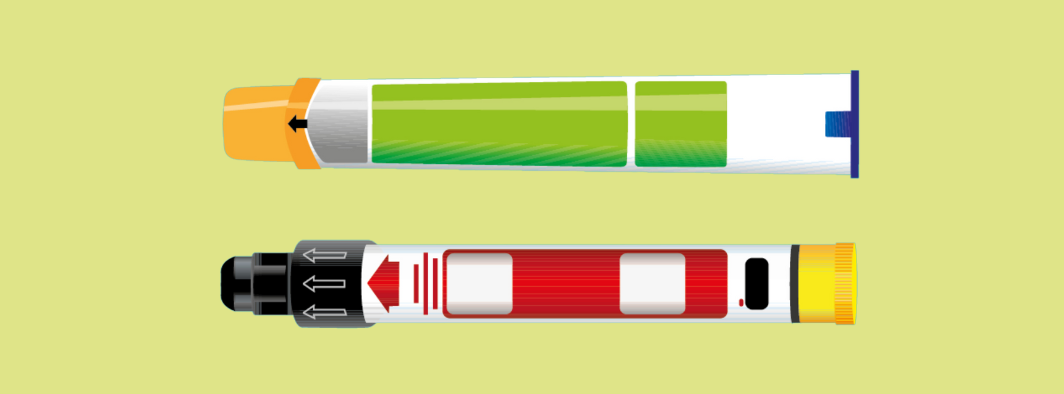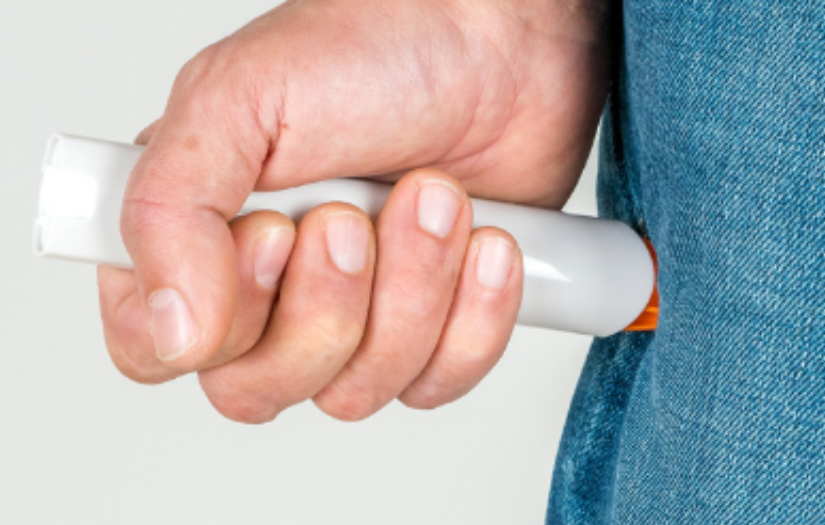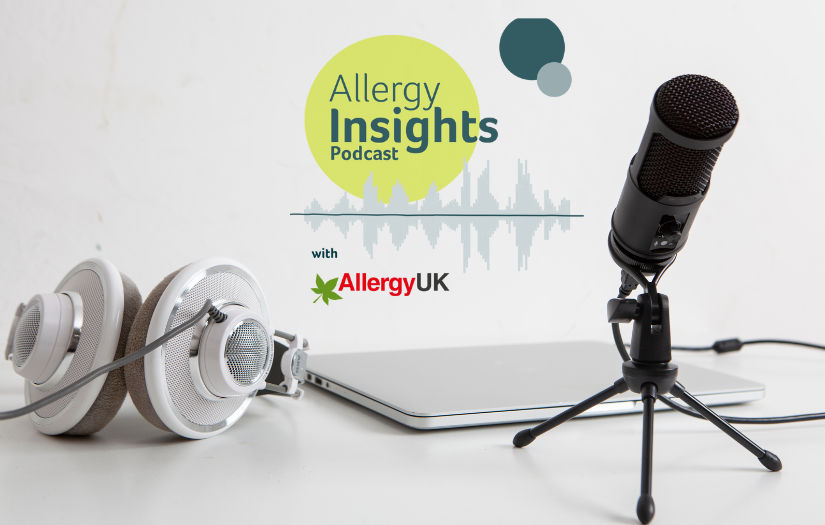
Anaphylaxis symptoms and action sheet
Our Anaphylaxis Symptoms and Action Sheet is your essential resource for recognising the signs of anaphylaxis and knowing how to respond swiftly and effectively in case of an emergency. Download your copy today and empower yourself with life-saving knowledge.

 Helpline
Helpline






